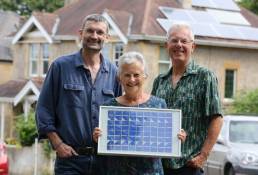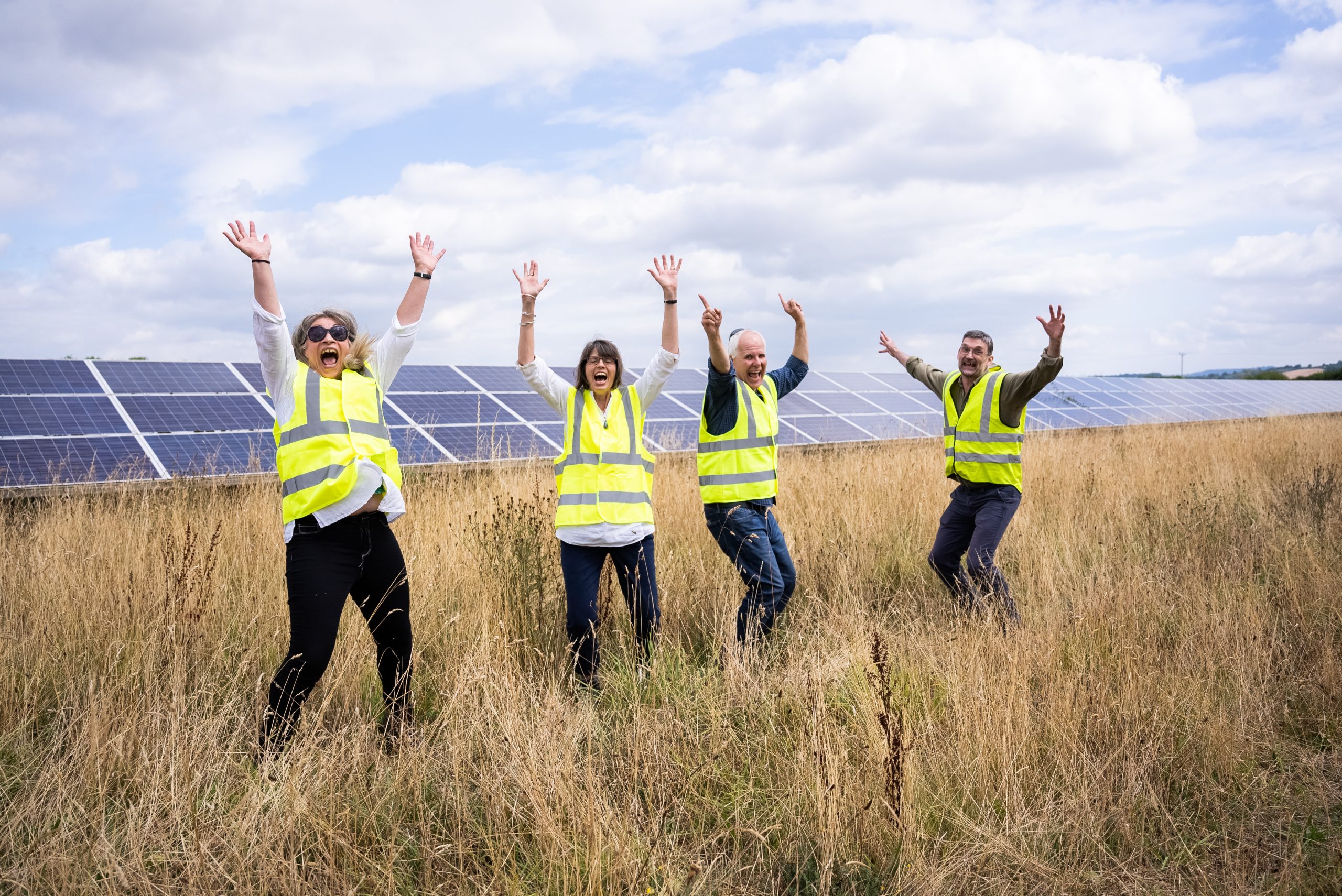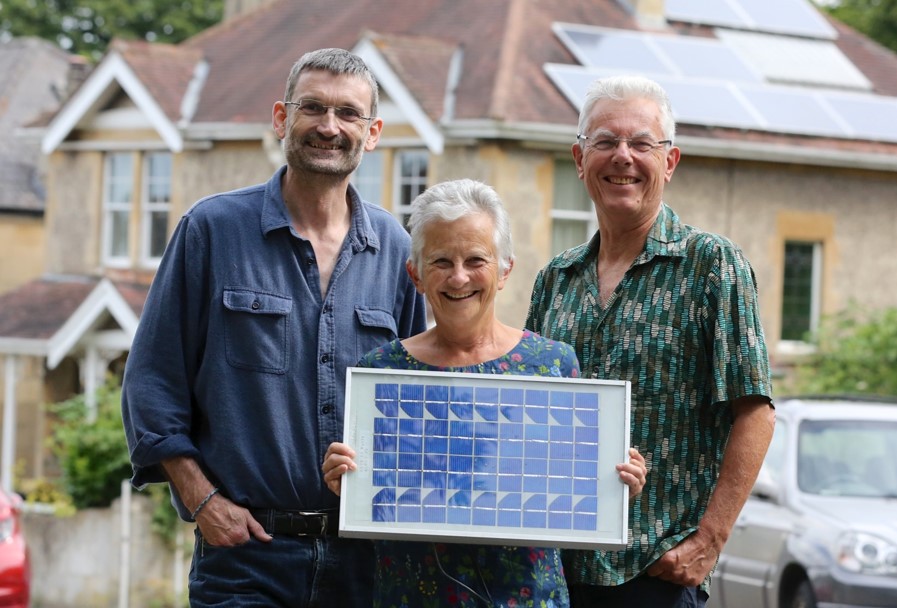BWCE’s Solar Streets project was part of the OpenLV programme supported by Western Power Distribution.
This ground-breaking project made local electricity data openly available for the first time ever, to benefit local communities and the wider energy industry.
The project was designed to test the degree to which a collective community approach can be successful in encouraging electricity demand management at a neighbourhood level, enhanced by the integration of domestic solar PV, battery storage and, if possible, a Time of Use electricity tariff.
Solar Streets operated in two streets in the Bear Flat area of Bath and we carried out the following activities:
- Installed OpenLV monitoring equipment at local sub-stations to provide ongoing data on electricity demand across the neighbourhood.
- Installed BWCE owned solar pv (in nine properties) and battery storage (in 16 properties, seven of which already had solar pv) at a reduced cost to householders.
- Ran a series of ‘How Low Can You Go’ days to encourage householders to reduce their electricity demand.
- Provided information and support around electricity demand shifting and reduction
- Carried out a simulation exercise where we asked householders to behave as if they were on a ‘time of use’ electricity tariff instead of their current flat rate tariff. The aim was to prompt householders to shift their electricity demand away from peak to off-peak times.

We have produced a short briefing on the headline findings from Solar Streets and a full report on all the outcomes and recommendations.


